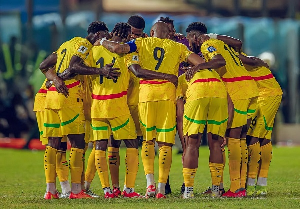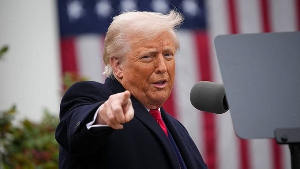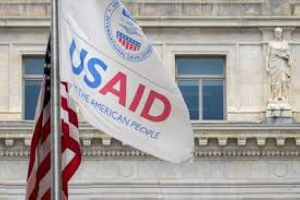President Akufo-Addo has downplayed the Afrobarometer survey that appears to cast doubts on his second term bid saying the only polls that matter to him is the one which will take place on December 7, 2020, when Ghanaians vote.
“The only poll that matters is the one which will happen on the 7th of December. There were polls that said I couldn’t be here, I will never be here but I’m here. What is important is my program and what I’m carrying. When it’s time for Ghanaians to comment on it they will comment on it and it will be a positive one.
The latest Afrobarometer report has revealed that the opposition NDC has maintained its popularity rate over the last two years while the ruling NPP has dwindled in support by as much AS 15%.
“Compared to 2017, the proportion of respondents who said they would vote for the NPP has dwindled by 15 percentage points from 49% to 34% while the share who said they would vote for the NDC has remained unchanged 22%.
“These findings suggest that a large chunk of the electorate is still waiting to be convinced, during the year remaining before Ghana’s 2020 presidential election, to vote for a specific candidate – or even to vote at all,” the report said.
The report also noted many Ghanaians are indecisive about voting in next years elections.
Other findings.
Youth were twice as likely as older citizens to say they would not vote (14% of those aged 18-35 vs. 7% of those aged 56 and above), as were urban residents (15%) compared to rural residents (7%).
The proclivity to sit out the election was also considerably stronger among the highly educated (17% of those with post-secondary education) and relatively well-off citizens (13% among those experiencing no lived poverty) compared to the less educated (6% of those with no formal education) and poor citizens (4% among those experiencing high lived poverty).
General News of Friday, 13 December 2019
Source: starrfm.com.gh













